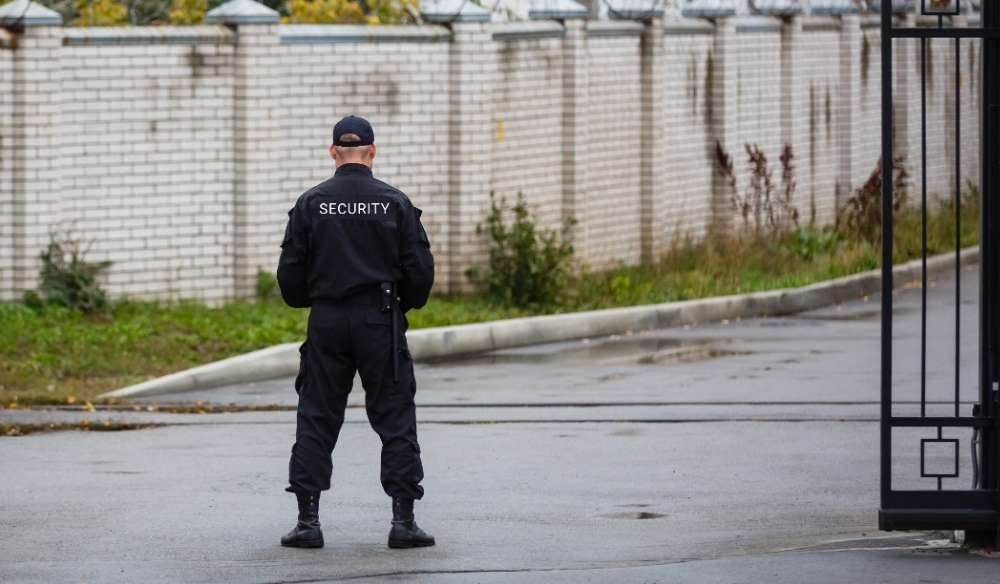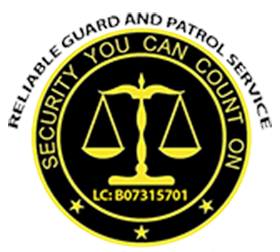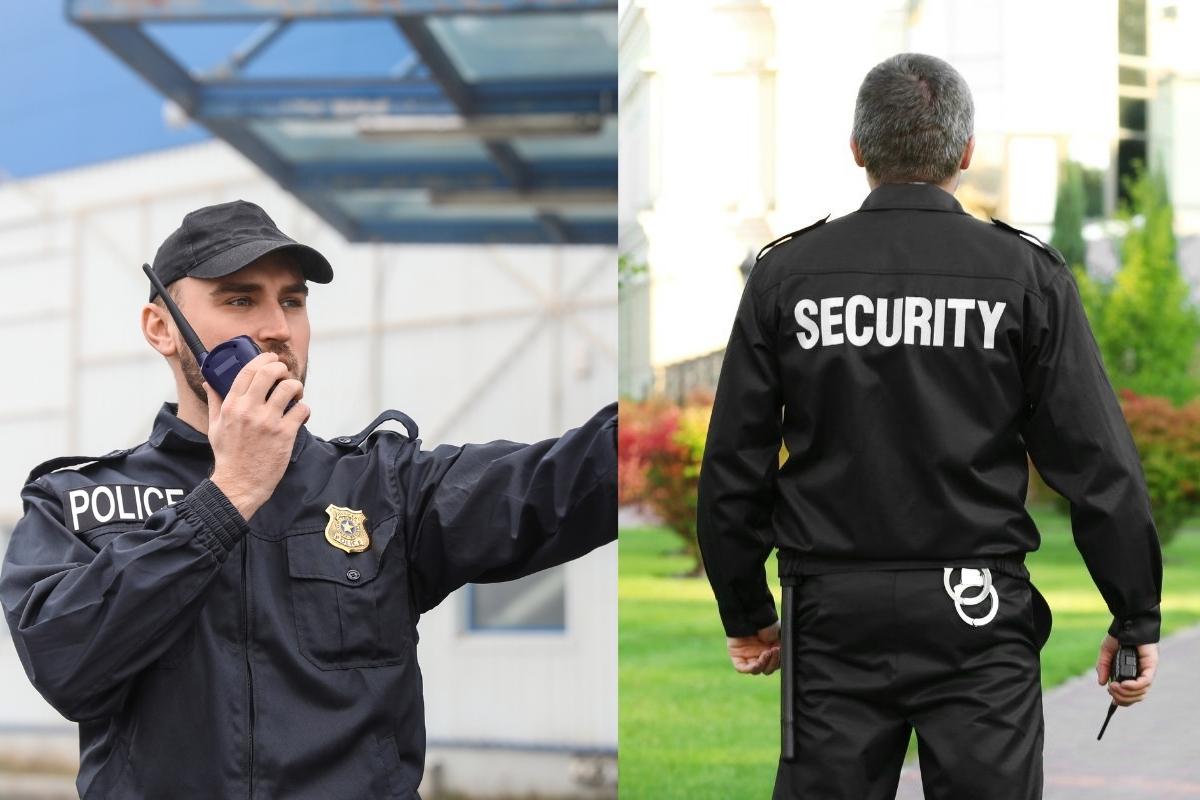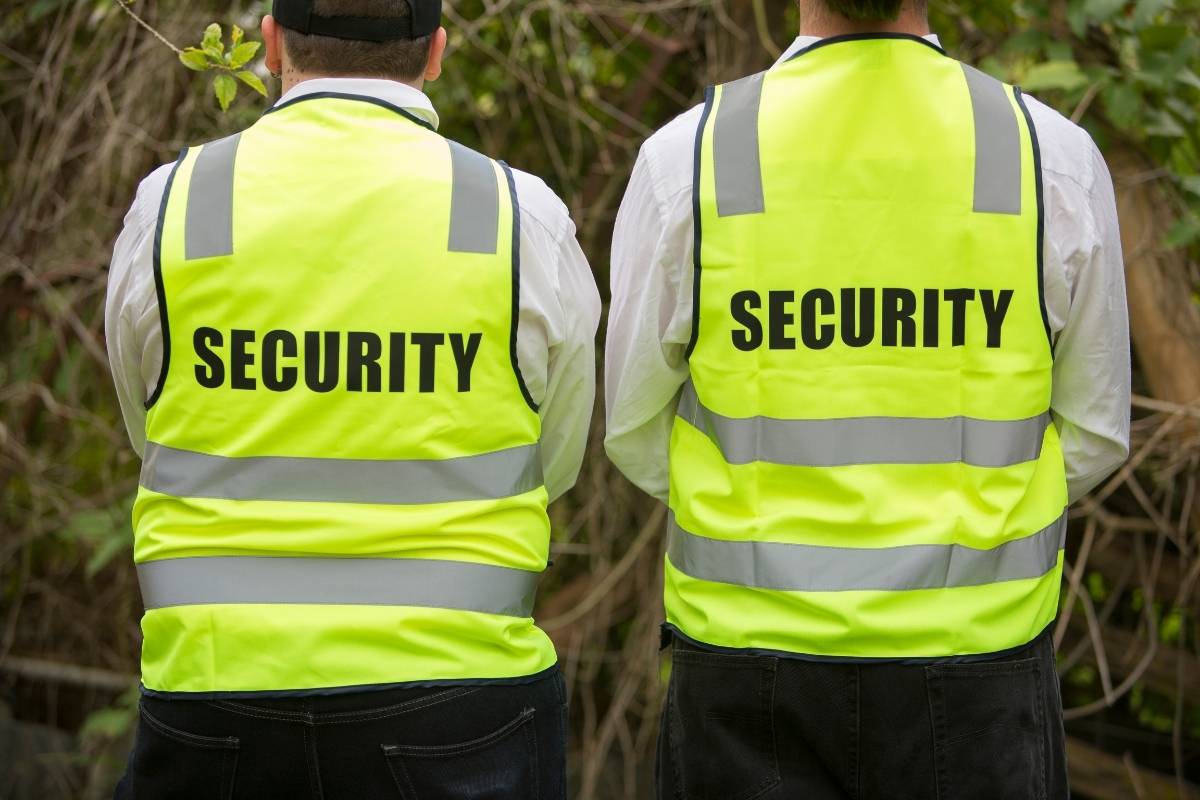
- Fri, Sep 2025
- |
- Reliable Guard and Patrol Service Inc.
The job of a security guard is to protect people and properties from harm, theft, and illegal activities. Every day, individuals rely on security guards for safety and peace of mind. If you’ve ever wondered how to become a security guard, you’re not alone. Many people pursue this career path for meaningful work, community protection, and long-term stability.
This guide walks you through the requirements, skills, training, and opportunities you need to start and grow as a professional security guard.
Understanding the Role of a Security Guard
Security guards are the frontline protectors in many environments: shopping centers, hospitals, museums, residential complexes, and more. Their duties often include:
- Patrolling and surveillance
- Preventing crimes such as shoplifting — learn more about how to prevent shoplifting here
- De-escalating conflicts
- Supporting law enforcement
- Reporting incidents accurately
Effective guards combine vigilance, communication, and adaptability. Professionalism, ethics, and responsibility are at the core of this role. For more details on what security guards do day-to-day, check out Security Guard Roles & Responsibilities.
Basic Requirements to Become a Security Guard

Although each state has its own regulations, there are common requirements across the U.S.:
- Be at least 18 years old (21 for armed guards)
- Have a high school diploma or GED
- Pass a background check and drug test
- Verify work eligibility and physical fitness
- Complete mandatory training courses
Some employers may require higher education, such as an associate’s or bachelor’s degree in criminal justice, especially for specialized positions (e.g., casino security).
Licensing Types, Skills, and Training
There are different licenses depending on whether you’re going to be unarmed, armed, or working in a specialized area. To understand this better, see our Types of Security Guards page.
You’ll also need to build certain skills—observation, communication, situational awareness, etc. You can dive deeper into these at Security Officer Skills.
Training Requirements
Your training should cover laws, emergency response, communication, report writing, and any specialized training needed for your license. Hands-on instruction is key. You’ll also learn how to use the tools of the trade. See more on what equipment you might need here.
Finding Training and Applying

Candidates can visit their state’s Bureau of Security, Division of Criminal Justice, or Department of Justice websites to apply and find approved training facilities. Once licensed, applicants should:
- Create a focused resume highlighting training and certifications
- Network with professionals and attend security events
- Apply through agencies or company websites
- Use online job boards to find opportunities
To understand the basic duties and responsibilities you’ll be expected to perform in the field, check out 5 Basic Duties & Responsibilities of a Guard.
Career Growth and Advancement
A security career doesn’t stop at entry-level positions. With experience and continuing education, guards can advance into roles such as:
- Supervisors or managers
- Executive protection specialists
- Trainers or consultants
Many states also require continuing education for license renewals, creating opportunities to specialize and grow.
FAQs on Becoming a Security Guard
What is the minimum age to apply?
18 years old for unarmed, 21 for armed guards.
Do I need previous experience?
Not required, but customer service, military, or law enforcement backgrounds are helpful.
How long does the background check take?
Varies by state, but usually a few weeks.
What training is needed?
Courses on laws, emergency response, communication, and firearms (if armed).
Can I grow in this career?
Yes, through advanced certifications, supervisory roles, or specialized security fields.
Embracing the Path of a Security Guard
Learning how to become a security guard is a clear but disciplined journey. Meeting requirements, passing training, and maintaining professionalism lead to meaningful opportunities. By committing to this role, you’ll not only secure employment but also protect communities and build trust.
For more resources on responsibilities, equipment, and career guidance, explore professional training providers or reach out via our Contact page if you want personalized help or have questions. The path requires dedication—but it can lead to a stable, respected, and rewarding career.



